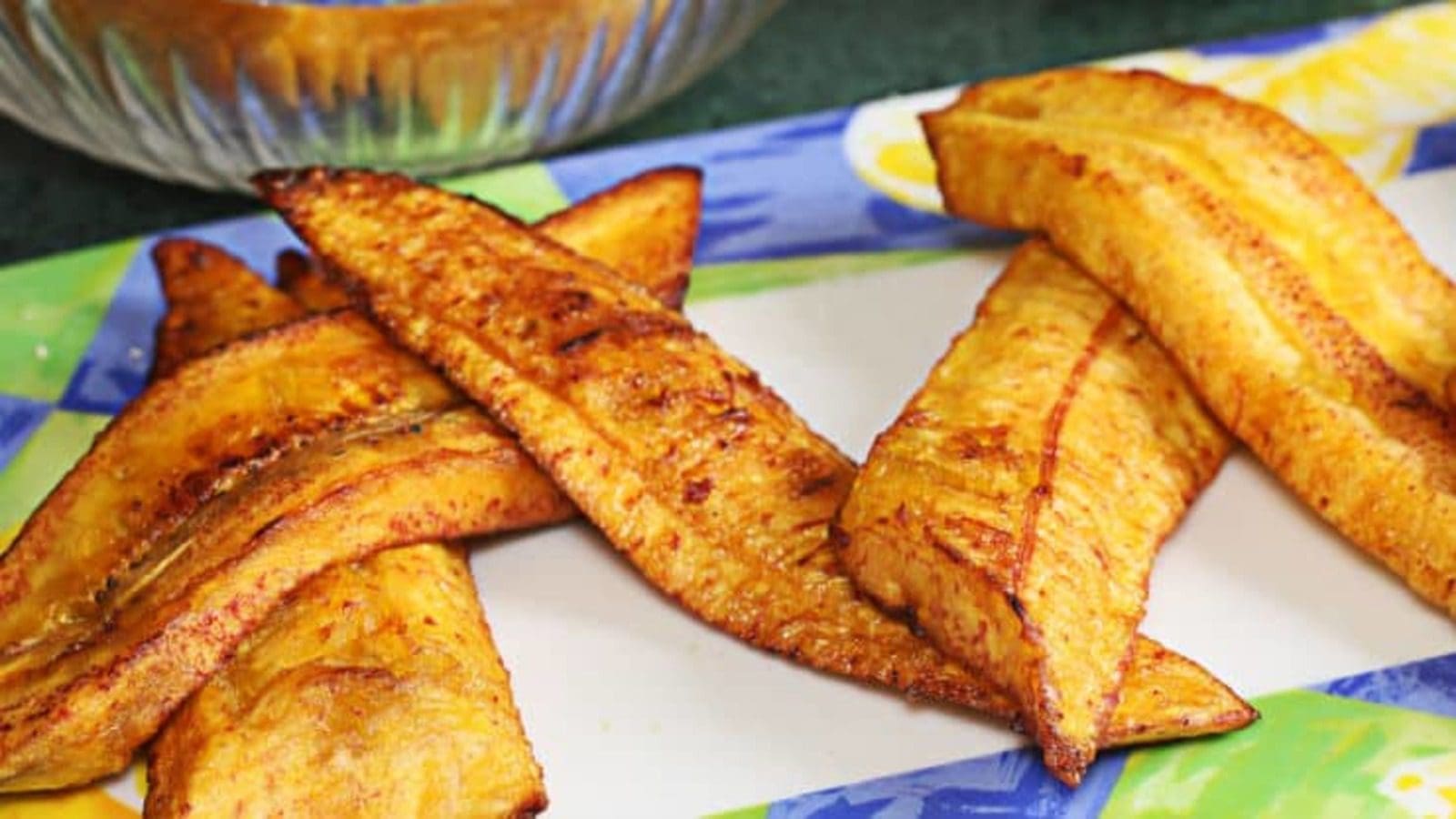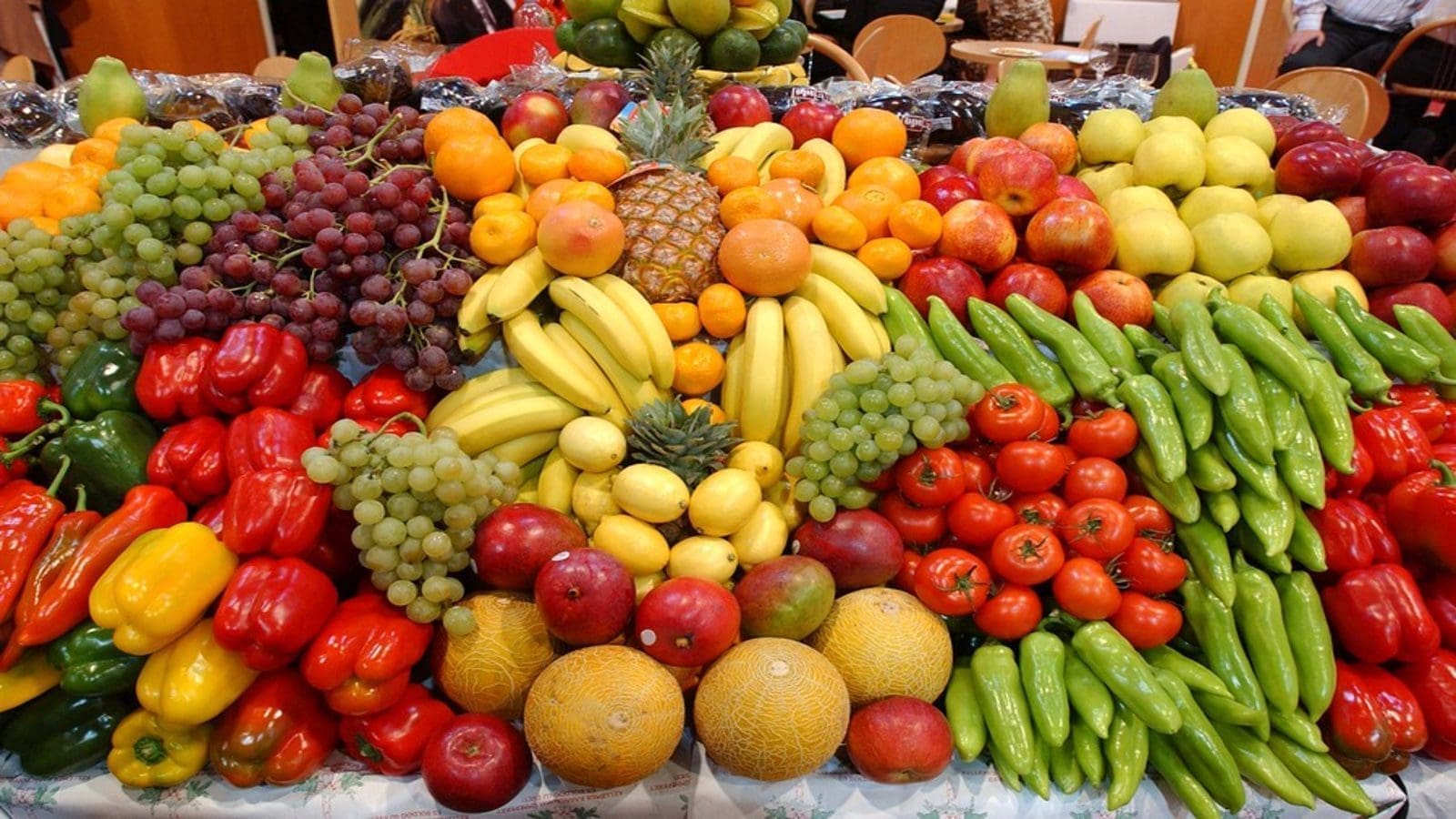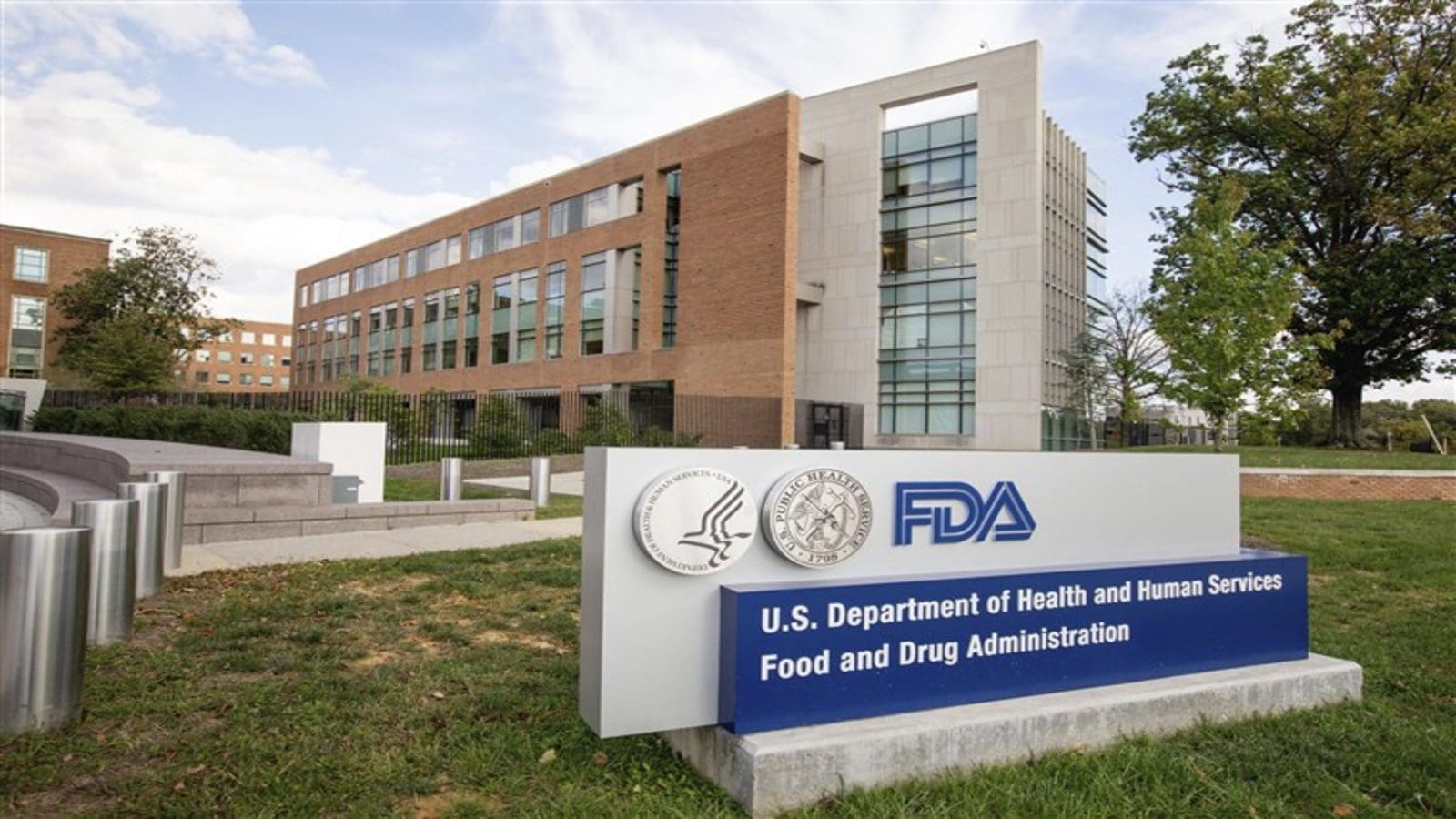JAMAICA – The Banana Board of Jamaica is set to establish protocols to improve and formalize cultivation of plantain to supply local, regional, and international markets like in Cayman Islands, Trinidad and Tobago, and the United States.
Plantain – green or ripe, fried, boiled or baked – is a welcome treat on the Jamaican breakfast or dinner plate, and is a produce that is being prioritized by the Banana Board as it looks to meet market demand and increase earnings from the crop.
Janet Conie, the General Manager of the Banana Board, told JIS News that the revenue potential for plantain is significant, rivaling that of banana.
The initiative forms part of the Plantain Pilot Project (PPP), which aims to establish 10 hectares (25 acres) of irrigated plantain. The project was launched in June of this year by the Ministry of Agriculture and Fisheries in collaboration with the Banana Board.
Among the objectives are increasing overall production of plantain by 300 tonnes after year one, improving crop quality in keeping with local and international food-safety standards, and improving the availability of plantains on a sustained basis throughout the second year.
The project also aims to heighten awareness of the importance of irrigation in reducing the effects of climate change on production and productivity.
According to Ms. Conie, currently, plantain is not cultivated with documented certified standards.
“We are seeking to establish that in the new project, and we want to ensure that we meet the standards. The most important thing that we want to tell everyone is that there is a great demand for plantains. We want to meet those demands locally and for export purposes and for what we call ‘exporting on shore’ which is supplying the hotels as they require standards as well,” she pointed out.
She informed that there is a shortage of supply to the local market and plantain is not being exported at this time, resulting in high prices for the product. She noted that the farmgate price for an 18-kilogram box of plantain is $3,000 (US$ 19), whereas a similar weight of bananas costs 2,200 (US$ 14) per box.
Further, the General Manager pointed out that the plantain industry, for the most part, has not benefited from the high-technology production systems that are utilized for the banana industry to increase yield, productivity, and quality.
As such, she noted that the protocols being developed for plantain production will be similar to those that already exist for bananas.
This, she said, will signal to the public that banana and plantain are safe and are of the highest quality, thereby inspiring consumer confidence, improving market access and increasing efficiencies in production.
The move will also encourage more farmers to take up plantain cultivation.
“What is certain in the industry is that the revenues from plantain seriously outweigh the revenues from bananas and the revenues from banana are high. The overall outlook for the farmer is very good. We could grow more plantains with the right standards because the markets are waiting for it,” she pointed out.
Liked this article? Subscribe to Food Safety Africa News, our regular email newsletters with the latest news insights from Africa and the World’s food safety, quality and compliance. SUBSCRIBE HERE








